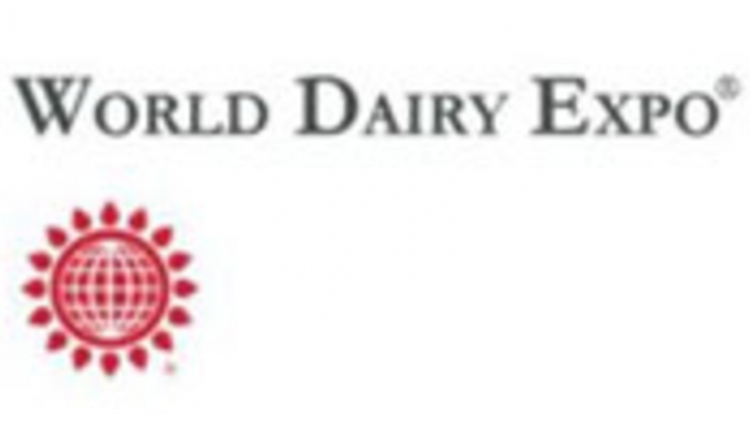The information below has been supplied by dairy marketers and other industry organizations. It has not been edited, verified or endorsed by Hoard’s Dairyman.

Harvest season is underway in Wisconsin, when motorists and farmers encounter each other more often on our public roadways.
To raise safety awareness and potentially save lives during this busy time of year, Slow Moving Vehicle (SMV) signs are being distributed to farmers free of charge through a partnership involving Marshfield Clinic Research Institute’s National Farm Medicine Center (NFMC), Rural Mutual Insurance Company, the University of Wisconsin-Madison’s Agricultural Safety and Health Program, the family of Mike Biadasz and the Auction of Champions.
Limited quantities of SMV signs are available now at Marathon Feed in Marathon, and Allied Cooperative (formerly known as ProVision Partners) in Stratford, Auburndale and Hixton.
According to the Wisconsin Department of Transportation, there were 136 crashes involving motorists and farm vehicles in Wisconsin last year. This resulted in 50 injuries and two deaths. The most recent Wisconsin Farm Related Fatalities reports show roadway deaths accounted for 15 percent of all farm-related fatalities (6 out of 40) in 2019 while in 2020 they accounted for 18 percent of fatalities (5 out of 28).
An SMV sign is a reflective orange triangle bordered with red that warns other road users that the vehicle displaying the sign is traveling slower than the normal speed of traffic.
“It’s imperative that farmers make their equipment as visible as possible on public roadways through the SMV emblem and functional lighting systems that include flashers and turn signals,” said John Shutske, University of Wisconsin professor and agricultural safety & health specialist. Shutske has investigated hundreds of tragic farm-related incidents in multiple states during the past four decades.
The SMV distribution program is expected to sustain through 2024, as supplies last. “We’re so glad to see such broad interest in agricultural safety on our public roadways, and are encouraged by the growing support and partnerships across the state, from Fire/EMS to farmers to feed mills,” said Bryan Weichelt, SMV program lead and Farm Medicine research scientist. If interested in supporting the program financially or as a distribution site, please contact the Farm Medicine team at nfmcsh@marshfieldresearch.org.
For more information about lighting and marking recommendations and regulations for agricultural equipment in Wisconsin, visit: https://uwmadison.box.com/v/LightingAndMarking2023


